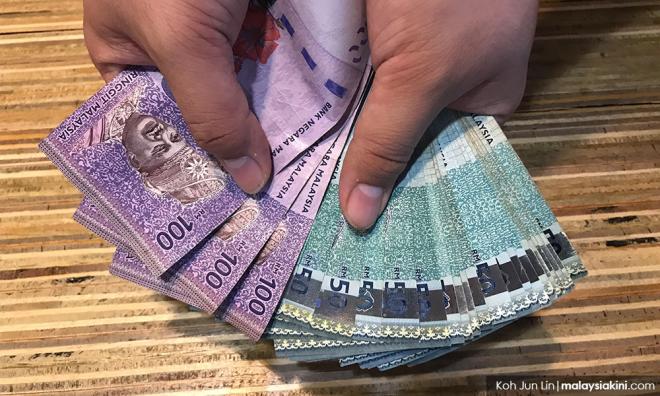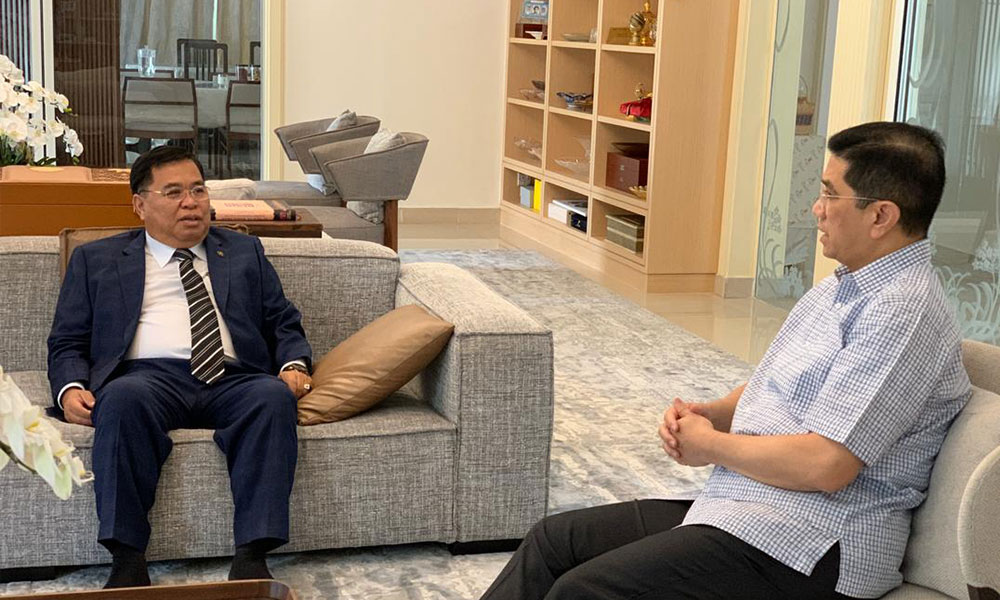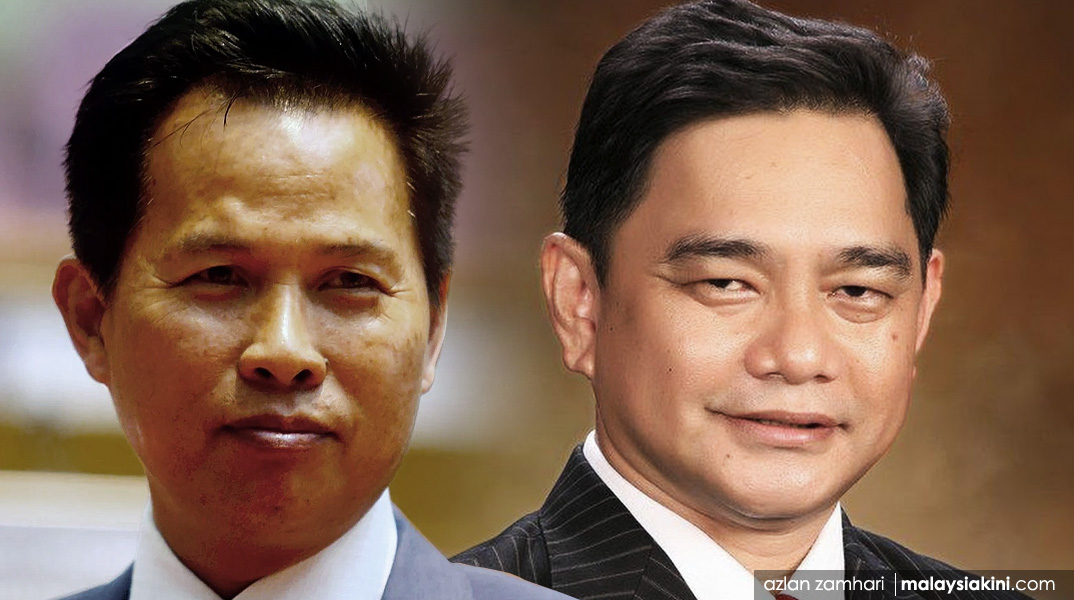
I started off this article with the initial title, “Electoral candidates must be financially independent” but discovered that there is a difference between financial independence and financial freedom.
Students of finance will learn that “financial independence allows you to be self-insured against a financial catastrophe in the case of death or disability, saving you those monthly premiums”.
“Financial freedom allows you to be self-insured against the cost of unexpected expenses and lifestyle upgrades”.
While financial freedom may suit the purpose of this article on political candidates, I opt for financial stability.
In layman’s terms, financial stability means that you are able to overcome all your financial commitments no matter the unexpected difficulties that come your way.
You are still able to support yourself, your family, and those you have vowed to assist in times of need.
Unless you are able to help yourself and your loved ones first, it is clear that it would be next to impossible to help others, meaning your constituents, during tough times.
This is why I feel it is a big plus point for all electoral candidates to be financially stable.
A financially stable politician is definitely a more confident person. In turn, your constituents will have more confidence in your ability to deliver.
Now, let us look at the recent spate of crossovers of lawmakers, notably from the opposition to the government side.
In an attempt to explain why Lubok Antu MP Jugah Muyang left PKR recently to become an independent legislator, PKR president Anwar Ibrahim revealed that Jugah had requested constituency projects but the party, being in the opposition, was not in a position to help.

The PKR president said he had asked Jugah to be patient and to wait, but it was not to be.
Apparently, Jugah has waited long enough.
It has been two years since Jugah won the Lubok Antu seat as an independent candidate, polling a respectable 1,059-vote majority in a three-way contest.
Soon after his victory on his electoral debut in GE14, Jugah embraced PKR but remained an ordinary backbencher in Parliament.
Unless you are a cabinet member or at least a deputy minister, there is only so much an ordinary MP receives in terms of remunerations and allowances.
Once elected, the MP will have to set up his service centre and employ assistants to run it.
His monthly expenses will include rental, utility bills, staff salaries, and other odds and ends. It is even more difficult if you are elected to serve a rural constituency.
If an opposition MP depends on his allowances as a lawmaker, it will be a tough ride. Hence, it pays to be financially stable to be an elected representative.
If not, the time will come when your mind begins to wander. You will soon realise that it’s definitely “safer” and easier to work being on the government side.
This is probably the case with Jugah and the two state assemblypersons (photo) from United Progressive Kinabalu Organisation (Upko) who crossed over to support Prime Minister Muhyiddin Yassin and his Perikatan Nasional (PN) government on June 15.

Kuala Penyu representative Limus Jury and Sugut representative James Ratib said they decided to leave Upko because they had lost confidence in the party leadership which they claimed is “inconsistent with their struggle and objectives”.
We know that was a lame excuse to turn into political frogs. The main reason is obvious, although none would say it publicly.
They were unable to cope with the financial commitments expected of them as elected representatives. To me, that is obvious. It is normal and not something out of the ordinary.
Had both been appointed as state minister or assistant minister, I can bet they would have stayed on to support the Warisan-led government of Sabah.
For James to stress that his decision to leave Upko was “to safeguard the interests of Sabahans, who still needed the support of the federal government to further develop” is what I would call a “no-brainer”.
It would do him well to be upfront and honestly concede that it would be difficult for him to serve his constituents well without funding from the government.
No, they are all too proud to admit that they are in dire straits financially even when the whole world knows that they are not financially stable.
Why, even the tycoons around us would readily concede that they are facing tough times over this Covid-19 pandemic. There is no shame in that, is there?
No, our lawmakers chose to keep their personal ego intact (at least, they like to think so) and did not seem to mind the negative public perception of them as traitors and turncoats who have betrayed their trust.
So, am I saying that only the rich and well-to-do should offer themselves for elective office? No.
But it will be a disaster for the guy who is broke to run for public office. If he wins, he would probably have to face more miserable and difficult times.
Let’s say my preferred candidate is one who is at least financially stable, able to fend for himself and his constituents, with or without assistance from other sources.
Oh, there are also cases of the rich partaking in politics in order to get richer.
That is a bigger worry for another day.
FRANCIS PAUL SIAH heads the Movement for Change, Sarawak (MoCS) and can be reached at sirsiah@gmail.com. - Mkini



No comments:
Post a Comment
Note: Only a member of this blog may post a comment.